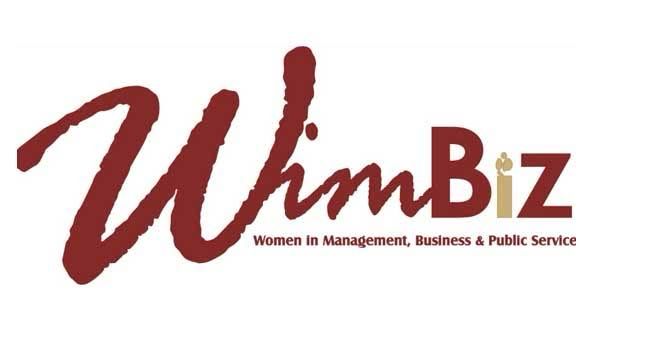Women in Management, Business, and Public Service (WIMBIZ), a non-profit organization, has highlighted the persistent challenges women face in their careers, citing limited access to mentorship, sponsorship, and leadership development programs as major barriers to their professional advancement.
In a statement released by the WIMBIZ Communications Team, the organization acknowledged the significant strides women have made in leadership roles across business, corporate environments, and public office in Nigeria and globally. However, it emphasized that systemic barriers rooted in structural inequalities, harmful stereotypes, and cultural biases continue to hinder their progress.
“Many women face career stagnation due to limited access to mentorship, sponsorship, and leadership development programs,” the statement read. It further revealed that in Nigeria’s top 20 companies by market capitalization, women hold only 23.4% of board seats, with a mere 10% having female board chairs and none led by female CEOs.
The statement also shed light on the hostile work environments many Nigerian women endure, including sexual harassment, workplace bullying, gender bias, and societal stereotypes. “While comprehensive national data is limited, numerous reports indicate that sexual harassment remains a pervasive issue in Nigerian workplaces, deterring many women from pursuing or sustaining leadership roles,” WIMBIZ noted.
Women in leadership roles often face intimidation, isolation, and exclusion from key decision-making processes, which not only undermines their authority but also discourages other women from aspiring to leadership positions. Unconscious bias and outdated gender norms further reinforce the notion that leadership is a male domain. The 2021 Global Gender Gap Report ranked Nigeria 139th out of 156 countries in terms of gender parity, underscoring the persistent disparities in leadership representation.
WIMBIZ stressed the importance of gender diversity in leadership, stating that organizations with diverse executive teams are more likely to outperform their peers financially. “In governance, increased female political representation leads to policies that support economic growth, social welfare, and gender equity,” the statement added. A leadership structure that reflects fair gender representation fosters a healthier, more inclusive, and productive work environment where all individuals, regardless of gender, can thrive.
The organization called for collective action to dismantle these barriers, emphasizing that the fight for gender equality is a human rights issue. “Every organization, leader, and individual has a role to play in creating an environment where leadership is based on competence, not gender; where talent is nurtured, not suppressed; and where every woman has the opportunity to rise without fear of bias or harassment,” WIMBIZ stated.
To build inclusive workplaces where women can thrive, WIMBIZ urged organizations and policymakers to take deliberate steps, including:
• Implementing strict anti-harassment policies and providing confidential reporting channels.
• Ensuring all complaints are taken seriously and investigated without bias.
• Conducting unconscious bias training for leaders and committing to fair hiring, promotion, and leadership selection practices.
• Establishing mentorship and sponsorship programs that actively support women’s career progression.
“The journey towards gender equality is a shared responsibility,” WIMBIZ concluded. “We must all commit to creating a future where women can lead boldly, without limitations.”














